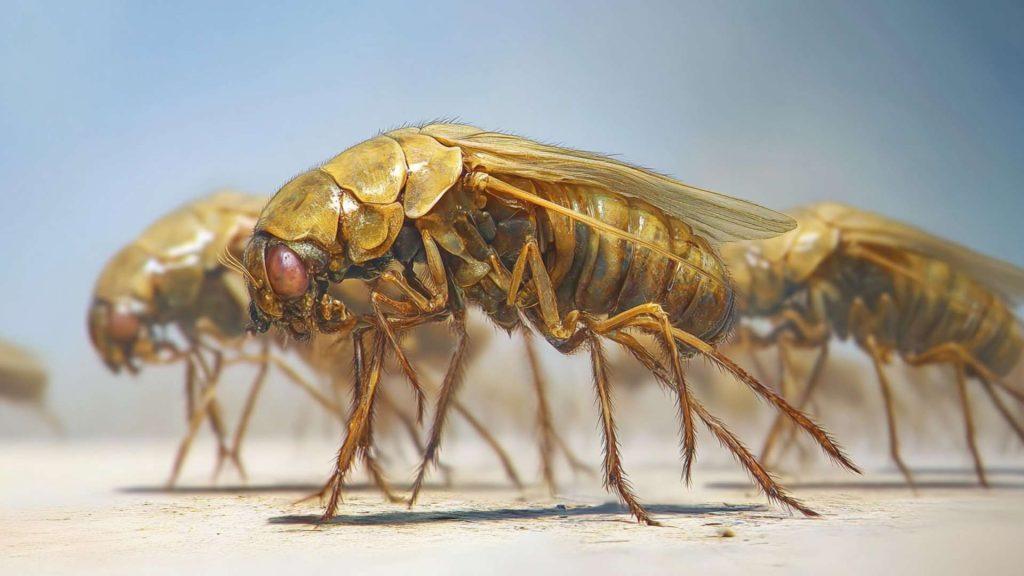Wasps are often perceived as highly aggressive insects due to their reputation for delivering painful stings. However, not all wasps are equally aggressive. Their behavior varies depending on the species, environmental factors, and their need to protect their nests. Understanding the types of wasps, why some are more aggressive than others, and how to handle encounters with them can help reduce risks associated with these insects.


What Is the Most Aggressive Wasp?
Among all wasp species, yellowjackets are widely considered the most aggressive. These wasps are social insects that live in large colonies, often nesting in the ground or hidden in walls. Yellowjackets are highly territorial and will attack if they feel their nest is threatened. Their ability to sting multiple times before dying makes them especially dangerous. They also tend to be more active and aggressive in the late summer when their food sources become scarcer, and their nests grow larger. Hornets are another species known for their aggression, particularly bald-faced hornets. Though they belong to the same family as yellowjackets, hornets are typically larger and build their nests in trees or shrubs. Hornets are very defensive of their nests and will chase intruders away for a considerable distance if they feel threatened.
Why Are Wasps So Aggressive?
Wasps are not inherently aggressive, but their behavior changes when they perceive a threat to their nest. This heightened defensiveness is due to their social structure, where the survival of the colony, especially the queen, is paramount. When a wasp feels its nest is in danger, it releases alarm pheromones that signal other wasps to join in the defense. This can lead to multiple wasps attacking simultaneously, which is why disturbing a wasp nest can be dangerous. Wasps tend to become more aggressive as the season progresses, particularly in late summer and fall. During this time, the workers’ role shifts from foraging to protecting the nest and securing food for the queen. With fewer food sources available, wasps may become more territorial, aggressive, and attracted to sugary foods, which increases their likelihood of interacting with humans.Are All Wasps Aggressive?
While social wasps like yellowjackets and hornets are known for their aggressive behavior, not all wasps are as hostile. Mud daubers and potter wasps are generally non-aggressive and pose little threat to humans. These wasps do not live in colonies, so they have no need to defend a nest, making them far less likely to sting. Solitary wasps focus on hunting insects like spiders or caterpillars and are beneficial to gardens. Unless provoked or handled roughly, these wasps usually go about their business without bothering people. Even within social species, aggression is primarily triggered when their nest is threatened. Wasps that are foraging away from their nests are much less likely to sting unless directly disturbed.
How to Avoid Aggressive Wasps?
To avoid aggressive wasps, it’s important to remain calm around them. Swatting at or making sudden movements can agitate wasps and increase the likelihood of a sting. Keeping a safe distance from known nests is also essential. Wasps will defend their nest vigorously if they feel it is under threat, so avoid disturbing nests, particularly those built in hidden locations like under eaves, in walls, or underground. Wasps are also attracted to food, especially sweet items like fruit and sugary drinks. Keeping food covered during outdoor activities and cleaning up spills promptly can help prevent wasps from hovering nearby. If you encounter wasps frequently in your yard, you should consult a pest control professional to safely remove any nearby nests. Myths and Facts About Wasp Aggression| Myth | Fact |
| All wasps are equally aggressive. | Only certain wasp species, like yellowjackets, are highly aggressive. |
| Wasps die after stinging, like bees. | Wasps can sting multiple times without dying. |
| All wasps sting at the slightest provocation. | Wasps typically sting only when they feel their nest is threatened. |
| Wasps are aggressive year-round. | Wasps are more aggressive in late summer and early fall when food is scarce. |
| Solitary wasps are just as aggressive as social wasps. | Solitary wasps, like mud daubers, are generally non-aggressive. |


